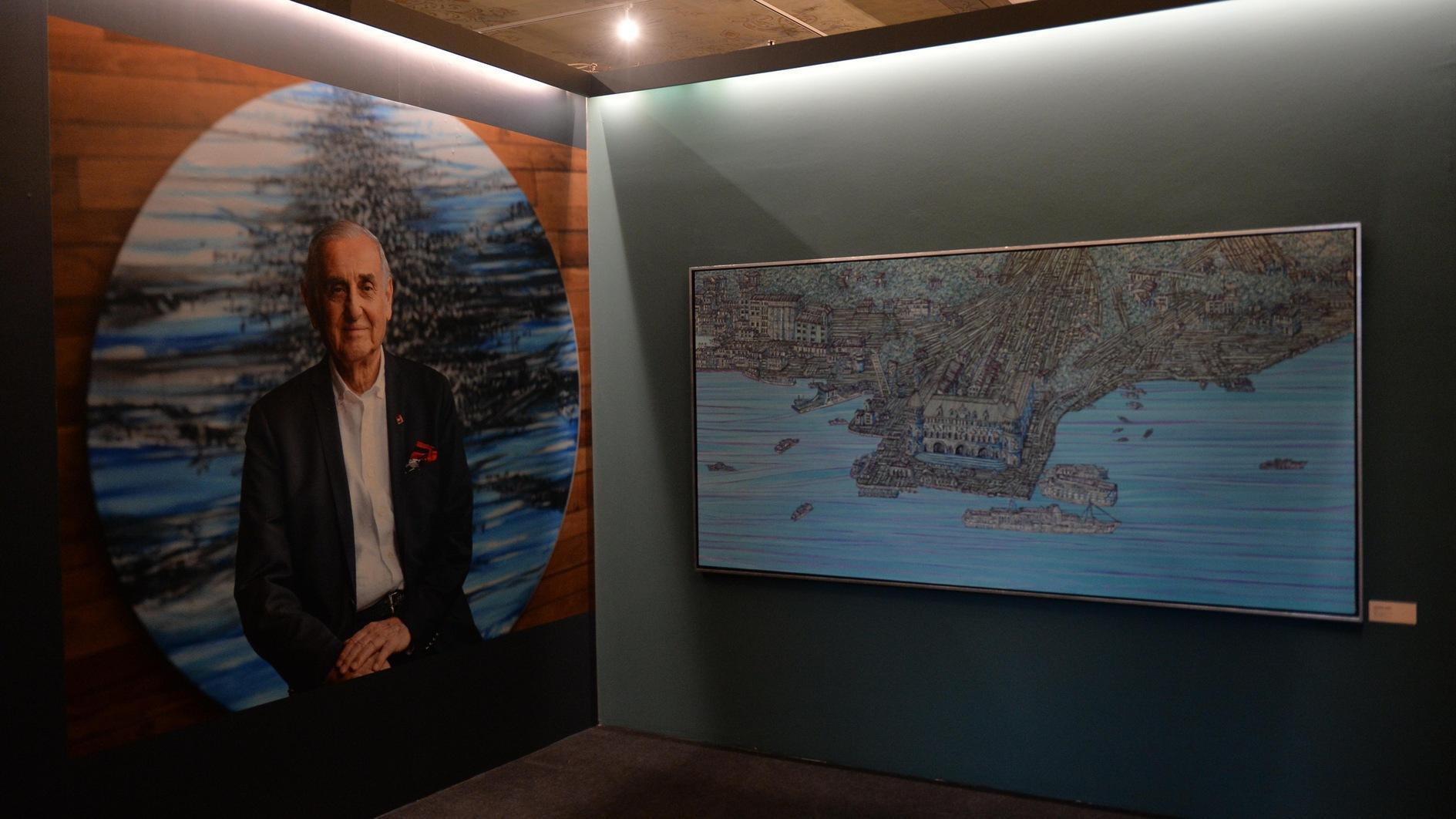'Dead' Qaeda leader Shehri delivers audio message: SITE
DUBAI – Agence France Presse
Al-Qaeda in the Arabian Peninsula has posted online an audio message from its second-in-command, Saeed al-Shehri, whose death was announced by Yemen in January, a monitoring group reported Wednesday.The 14-minute audio produced by AQAP's media arm Al-Malahem Foundation is accompanied by what the US-based SITE Monitoring Service said was a new photograph of the Saudi militant.
Shehri's death has been announced several times by the Yemeni authorities, most recently on January 24. The claim was neither confirmed nor denied by AQAP.
It was unclear when the latest audio message, posted on jihadist forms on Tuesday, had been recorded, but in it Shehri speaks of events that took place after the announcement of his death.
He denounces an anti-terrorism conference held in Riyadh in February as well as a meeting mid-March of Arab interior ministers, also in Saudi Arabia.
Most of the message is directed against Saudi Arabia, which Shehri says allows the United States to launch attacks from its soil on "the faithful of Yemen".
"We must get rid of the Al-Saud regime by all means," he says. "The Saudi regime... is the biggest US collaborator." He was clearly referring to US drone strikes against Al-Qaeda targets in Yemen which jihadists claim are launched from bases in neighbouring Saudi Arabia.
He also mentions protests by Islamists in Saudi Arabia demanding the release of Al-Qaeda-linked prisoners, without specifying a date. Such demonstrations have been taking place sporadically in the kingdom over the past year.
The most recent protest took place in March. The authenticity of the audio message could not immediately be verified by AFP.
Shehri has long been been hounded by Yemen's security forces and has survived a number of attempts on his life.
Yemen's Supreme National Security Committee had in January reported that Shehri succumbed to wounds received in a counter-terrorism operation in the northern Saada province on November 28.
Last October, he denied a September announcement by Yemen's defence ministry that he had been killed in an army raid, in an audio message posted on extremist Internet forums.
SITE had also quoted a radical Islamist as reporting on Twitter that Shehri had died "after a long journey in fighting the Zionist-Crusader campaign." The militant leader was released from Guantanamo Bay in Cuba in 2007 and was flown to Saudi Arabia, where he was put through a rehabilitation programme.
After completing the programme, he disappeared and later resurfaced as AQAP's number two.
AQAP is led by Nasser al-Wuhayshi, who in July 2011 reaffirmed the group's allegiance to Ayman al-Zawahiri, head of the worldwide Al-Qaeda network since the killing in May of its founder, Osama bin Laden.
The United States has stepped up its support for Yemen's battle against AQAP, which it regards as the most active and deadliest franchise of the global Al-Qaeda network.
US drones strikes in Yemen nearly tripled in 2012 compared to 2011, according to the New America Foundation, a Washington-based think tank.
In October 2000, Al-Qaeda militants attacked US Navy destroyer the USS Cole in Yemen's port of Aden, killing 17 sailors and wounding 40 more.
















